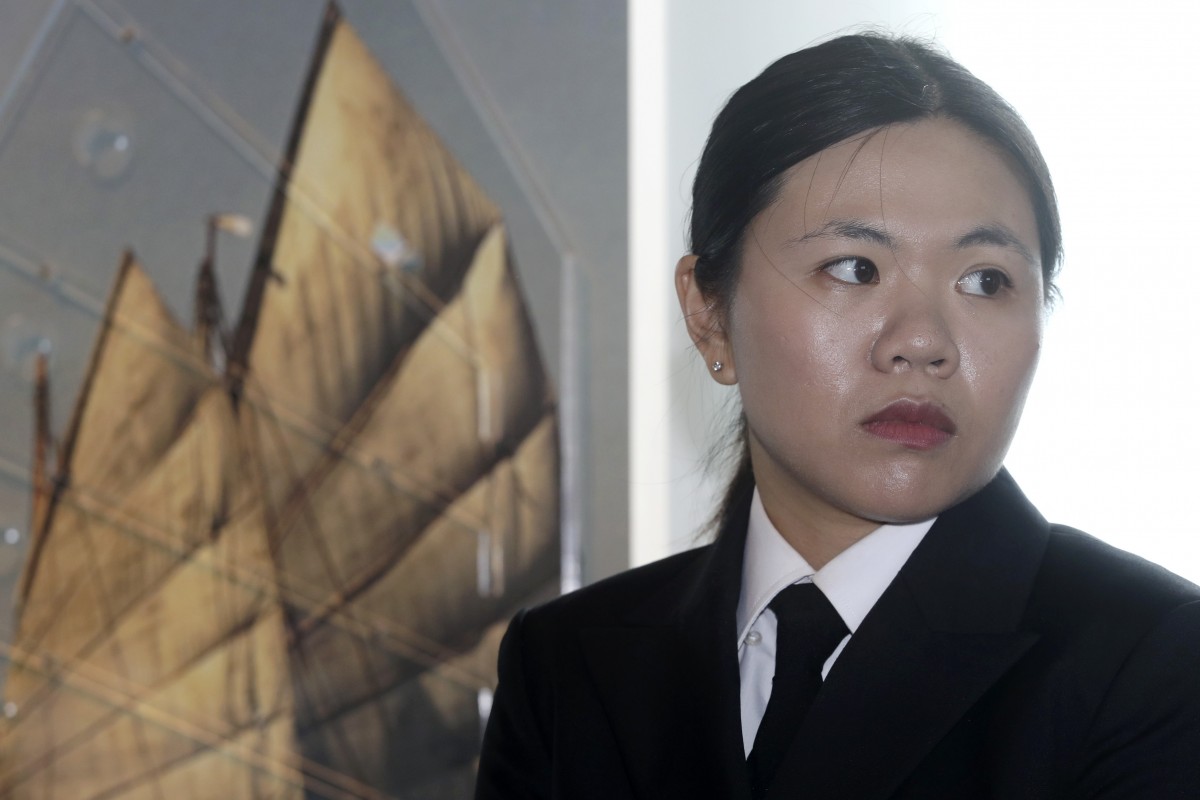What I'm reading now
Assembly readers share what articles they’ve enjoyed recently and why you should read them too.
Hi everyone! My name is Anya Sen. I’m 11 years old and I live in New York, U.S. I like listening to songs from the musical “Hamilton” and my hobbies include playing percussion instruments and chess. I hope to be a doctor when I grow up and plan to continue my work as a girls’ education activist. Check out what I’ve been reading:
“The Women (And Men) Who Fuelled India's Ambitious Moonshot, Chandrayaan 2”
By Pallava Bagla, edited by Divyanshu Dutta Roy
22 July 2019, NDTV
Scientists Muthayya Vanitha and Ritu Karidhal led the launch of India’s space mission Chandrayaan 2, becoming the first women in the country to lead an interplanetary mission. The takeaway from this article is that anyone can become a successful leader, no matter their gender.
(Courtesy of Pew Research Center)
“College-Educated Women Are the Workplace Majority, but Still Don’t Get Their Share”
By Maya Salam
2 July 2019, The New York Times
Maya Salam discusses how there are now more college-educated women in the U.S. workforce than college-educated men, however, women still don’t get paid as much as men do. I like this article because it uses data and facts to show that there is still a lot of progress to be made — and how you can help!
Joanna Kwok Wing-yan is the first female chief engineer on seagoing vessels in Hong Kong. (Courtesy of Handout)
By Zoe Low
9 July 2019, South China Morning Post
This year, Joanna Kwok Wing-yan became the first female chief engineer on seagoing vessels in Hong Kong. This is significant because female engineers are still rare in Asia. I recommend this article to any girl thinking of pursuing a male-dominated career.
(Courtesy of Division for Sustainable Development Goals)
“Countries failing on gender equality, SDG Index finds”
9 July 2019, The Daily Star
A survey of 129 countries reveals that we are still far from achieving gender equality by 2030, which is the goal world leaders committed to when they met in 2015. This article reminds us that girls and women around the world don’t have the same opportunities as boys and men.
Women contest the rigged entrance examination scores by Tokyo Medical University in March 2019. (Courtesy of KYODO)
“Japan's systemic barriers to gender equality”
By Maki Hayashikawa and Mark Manns
In Japan, universities were rigging the results against female applicants because they believed that women will leave the medical profession once they get married or have children. This quote from the article stood out to me: “Education has serious responsibilities here, and it can either reinforce gender stereotypes, biases and discrimination, or change and transform society to realize gender equality.” I think you will enjoy this article too.
 Read more
Read more














